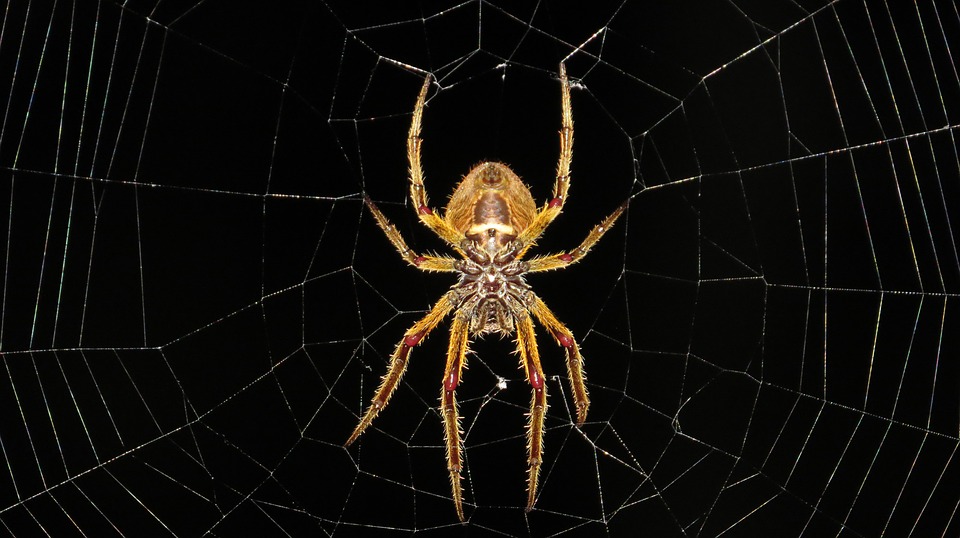Science Could Transform Spider Corpses Into Tiny Butlers For Humans

Could dead spiders become useful for humans? Scientists are of the opinion that it is feasible, and they are blazing a trail for the burgeoning field of necrobotics by using air sprayed into dead spiders in order to pick up very small objects.
Spiders extend their legs via hydraulic pressure; fluid is fed into the limbs from the main chamber. This causes the legs to extend. After the spider has passed away, this will result in the legs retracting eternally.
Bringing spiders back to life
Researchers mulled over the possibility of recreating the hydraulic mechanism by pumping air through the legs of a dead spider in order to free its legs. This was one of the potential solutions under consideration. They made the horrifying discovery that it was conceivable, and the findings of their study on the feasibility of developing a bio grabber were disclosed.
The researchers came to the conclusion that if they carefully inserted a syringe into the prosoma of a spider that had already died, they would be able to reproduce the hydraulic pressure employing air, which would cause all of the legs to extend and retract at the same time. As a consequence of this, the spider may function as a claw.
According to the findings of the research, a spider gripper of this kind is able to resist up to 1,000 open/close rounds and has the potential to be used to lift 130% of its own body mass. As a result, the capabilities of the repurposed arachnid are rather promising.
Even while the authors of this study agree that other species of spiders may potentially be beneficial, they focused primarily on using wolf spiders in their research. Spiders with a bigger bodyweight were only able to lift objects that weighted one tenth of one’s body mass, but smaller spiders had the capacity to carry up to twice as much as their body mass.
Despite its seemingly unusual appearance, a closer examination shows that the idea is really very compatible with what his group does whenever it comes to investigating soft robotics. This is shown despite the fact that the impression of the concept is somewhat bizarre. In place of the conventionally tougher plastics and metals, the field of soft robotics makes use of softer materials such as hydrogels, elastomers, and other actuation mechanisms such as magnetism and photons.
0 comments